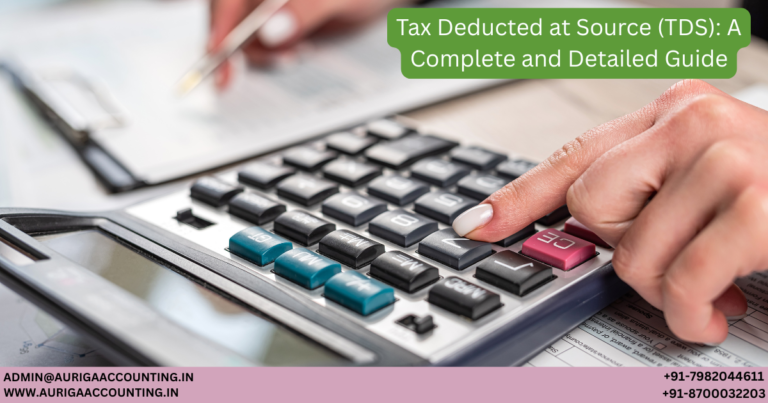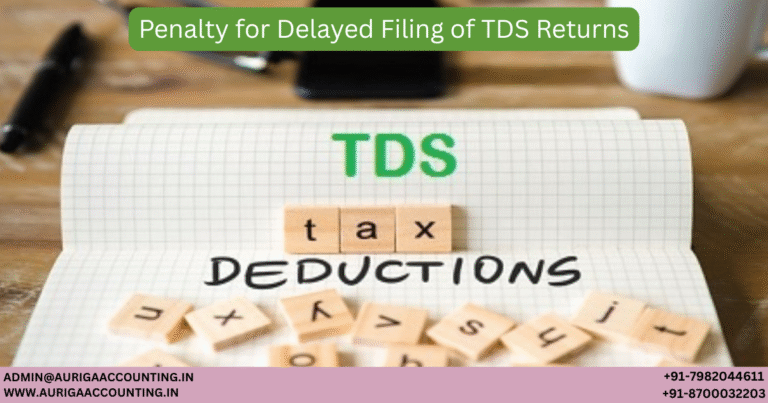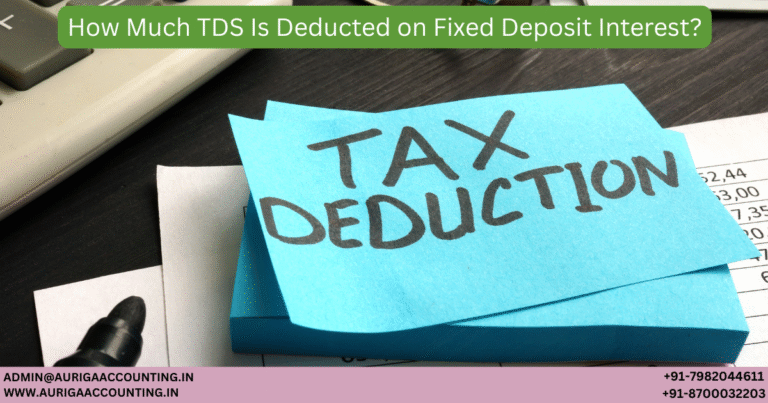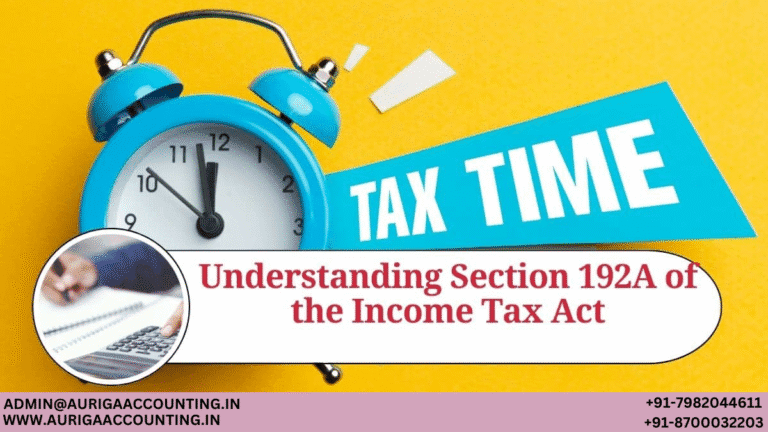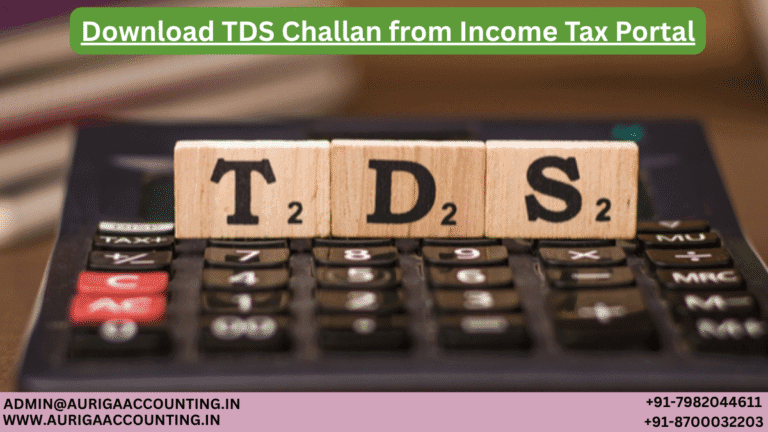Sections 206AB and 206CCA of the Income Tax Act were introduced to promote tax compliance by imposing higher TDS and TCS rates on specified individuals who have not filed their income tax returns. These provisions aim to encourage timely filing and curb tax evasion by enforcing stricter tax deduction and collection rules. Recently, the government has proposed amendments to simplify these compliance requirements in line with the evolving tax landscape. This article provides a detailed overview of Sections 206AB and 206CCA, including their TDS rates, applicability, and the latest changes proposed in the Budget 2025.

Section 206AB And 206CCA: TDS Rates, Applicability And Updates
Introduction
ToggleWhat is Section 206AB?
Section 206AB of the Income Tax Act, introduced through the Finance Act 2021 and effective from July 1, 2021, mandates higher TDS rates on specified individuals who have not filed their income tax returns for the preceding two years and have substantial TDS/TCS deductions. This measure aims to boost tax compliance by encouraging timely filing of returns and deterring tax evasion. By enforcing stricter tax deduction norms, Section 206AB ensures non-filers contribute their fair share, promoting greater financial transparency
What is Section 206CCA?
Section 206CCA requires higher Tax Collection at Source (TCS) rates on amounts received by specified persons who have not filed their income tax returns within the prescribed period. This provision strengthens tax compliance by discouraging the non-filing of returns. Through elevated TCS rates, Section 206CCA enhances revenue collection and fosters financial discipline among taxpayers.
Conditions for Deducting TDS or Collecting TCS under Sections 206AB & 206CCA
The provisions for TDS deduction under Section 206AB and TCS collection under Section 206CCA apply when payments or collections involve a specified person who meets all the following criteria:
Has not filed income tax returns for both of the two previous financial years immediately preceding the financial year in which tax is to be deducted or collected.
The due date for filing these income tax returns (excluding belated returns) has passed.
The total TDS and TCS amount in each of these two years is ₹50,000 or more.
However, these rules do not apply to non-resident individuals who do not have a permanent establishment in India. Here, a permanent establishment refers to a fixed place where a business enterprise carries out its operations, wholly or partially
Rates of TDS/TCS under Sections 206AB and 206CCA
The rates for TDS and TCS under Sections 206AB and 206CCA are designed to impose higher tax deductions or collections on specified individuals who have not filed their income tax returns.
TDS Rate under Section 206AB
Under Section 206AB, TDS is deducted at a higher rate for specified persons who fail to file their income tax returns. The applicable TDS rate is the higher of the following:
Twice the rate specified under the relevant provisions of the Income Tax Act, or
A flat rate of 5%.
If the specified person does not provide a PAN, the TDS rate will be the highest of the rates prescribed under this section or Section 206AA of the Income Tax Act. This mechanism ensures stricter compliance by discouraging tax evasion through higher deduction rates on non-filers.
TCS Rate under Section 206CCA
Similarly, under Section 206CCA, TCS is collected at a higher rate from specified persons who have not filed their income tax returns. The applicable TCS rate is the higher of the following:
Twice the rate specified under the relevant provisions of the Income Tax Act, or
A flat rate of 5%.
If the specified person fails to provide their PAN, the TCS rate will be the highest among the rates prescribed under this section or Section 206CC of the Income Tax Act.
Example
Suppose a company pays a professional fee of ₹50 lakhs to Ms. R, with a standard TDS rate of 10%. However, Ms. R did not file her Income Tax Return (ITR) for the previous year, and the due date has passed.
For the financial year 2023-24, when deducting tax, the company must deduct TDS at the higher of:
Twice the prescribed rate: 20% (2 × 10%), or
Flat rate of 5%.
Since 20% is higher, the company must deduct TDS at 20%. If Ms. R does not provide her PAN, the TDS rate remains 20% in this case
Transactions Exempt from Sections 206AB and 206CCA
While Sections 206AB and 206CCA impose higher TDS and TCS rates on certain non-filers, these provisions do not apply to some specific types of transactions. The following are exempt from the higher deduction and collection rates:
TDS on Salaries (Section 192)
TDS on Accumulated Balance from Recognized Provident Funds (Section 192A)
TDS on Lottery Winnings (Section 194B)
TDS on Winnings from Horse Races (Section 194BB)
TDS on Income from Investments in Securitization Trusts (Section 194LBC)
TDS on Certain Cash Payments (Section 194N)
These exemptions ensure that routine salary payments, lottery and horse race winnings, and certain financial transactions are not impacted by the stricter TDS/TCS rules under Sections 206AB and 206CCA
Budget 2025 Update on Sections 206AB & 206CCA
In the Union Budget 2025, the government has proposed the removal of Sections 206AB and 206CCA from the Income Tax Act, effectively doing away with the higher TDS and TCS rates imposed on non-filers of income tax returns. This change aims to ease the compliance burden on tax deductors and collectors by simplifying the tax deduction and collection process.
Starting from 1st April 2025, taxpayers will no longer face increased TDS or TCS rates based on their income tax return filing status.
Benefits for Taxpayers
The elimination of Sections 206AB and 206CCA offers substantial relief to taxpayers by reducing procedural complexities. This step underscores the government’s focus on creating a more taxpayer-friendly environment by streamlining tax processes. Businesses and individuals can expect smoother transactions, less administrative hassle, and an overall improved ease of doing business in India
About the Author
Priya
Priya is a seasoned content writer specializing in business registration, tax laws, trademark regulations, and company compliance. His well-researched and practical articles provide clear guidance, enabling businesses to confidently navigate and resolve complex legal and regulatory challenges
February 21, 2026
new
December 16, 2025
December 15, 2025
November 28, 2025
November 24, 2025
November 20, 2025
November 20, 2025
June 14, 2025
June 14, 2025
June 5, 2025
May 31, 2025
May 30, 2025
May 27, 2025
May 13, 2025
May 13, 2025
RELATED ARTICLES
Overview of...
Tax Deducted...
How to Verify...
Penalty for...
Section 194IA:...
How Much TDS...
Understanding...
What Are Form...
Download TDS...
No posts found




